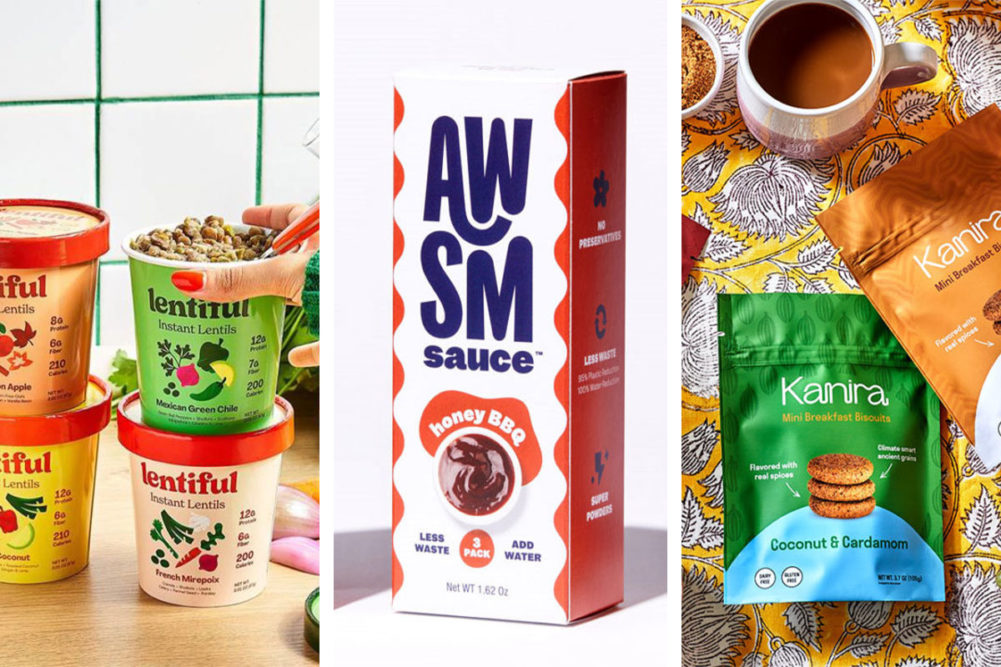KANSAS CITY — As consumers continue to prioritize sustainability in their product choices, food entrepreneurs are seeking to meet the demand in creative ways.
Health of the environment is becoming intertwined with what consumers see as a healthy personal lifestyle, said Julie Johnson, general manager of the market research company HealthFocus International, St. Petersburg, Fla., in a November presentation.
“People used to make choices separately about the environment and separately about their health,” she said Nov. 2 at the SupplySide West trade show. “Now that connection is definite, and they connect what they are eating with those choices at the shelf.”
In a study conducted by HealthFocus, 74% of 12,000 respondents said the health of the environment is “extremely important” or “important” to their overall health, outranking diet and exercise.
To reflect consumer preference toward environmental health, and as deadlines to meet sustainability goals approach, many companies are accelerating investments in sustainable packaging efforts. The founders of AWSM Sauce, which stands for “avoid waste and season meaningfully,” have made sustainable packaging a priority as they set out to rethink condiment packaging. The main issue for condiment waste is not using the product before it expires, according to co-founders Paul Lehman and Carl Starkey. To work around that, the pair developed a patent-pending “powder-to-pour” technology that is all about “just adding water and shake.”
“By purchasing our sauce powder packets and replacing those single-use plastics in your fridge, you reduce the amount of plastic used per sauce bottle by 95%,” said Mr. Lehman in an August interview. “Further, companies spend millions of dollars to transport water from place to place so they can make their sauces and condiments. The trucks and ships used to do this pollute the environment. Our powder packets cut out this step.”
While some companies are prioritizing sustainable packaging for their products, other companies are looking to sustainable ingredients. South Asian-inspired breakfast biscuit company Kanira has made pearl millet its star ingredient. A climate resilient crop, pearl millet could minimize the effects of climate change and provide a secure alternative in arid regions of the world. The millet also is rich in prebiotic fiber, protein and iron, plus vitamins and minerals, including zinc, magnesium and potassium, according to Kanira, which sources the ingredient from smallholder farmers in Rajasthan, India.
“We are truly a clean alternative to all the other breakfast biscuit options currently in the market,” said founder Vishal Ramakrishnan. “Compared to competitors, our biscuits contain 50% less sugar, more protein and more prebiotic fiber. In addition, we do not use any refined sugars or sugar alcohols, instead utilizing unrefined coconut sugar to sweeten our products.”





